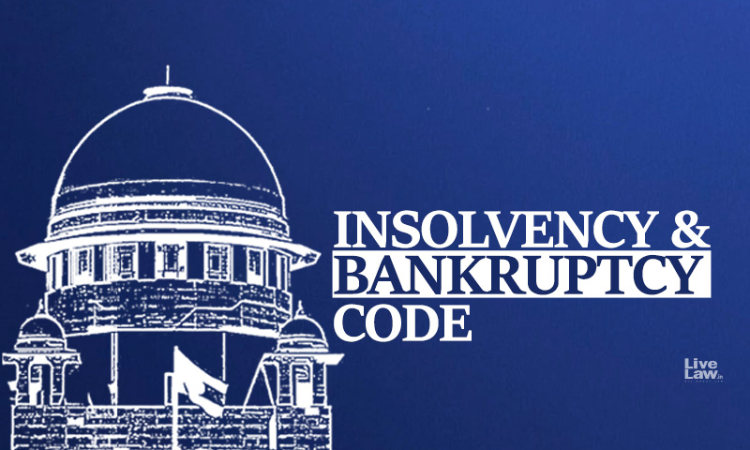NCLT Must Pass Reasonable Order For Fees & Expenses Of Resolution Professional : Supreme Court
LIVELAW NEWS NETWORK
9 Jan 2022 7:53 PM IST

Next Story
9 Jan 2022 7:53 PM IST
The Supreme Court has held that the NCLT/NCLAT must make a reasonable assessment of the fees and expenses payable to the Interim Resolution Profession and cannot pass an order in an ad-hoc manner.The Court held that an order assigning reasons must be passed in respect of fees of resolution professional; otherwise, it will amount to abdication.A judgement delivered by a Bench of...
